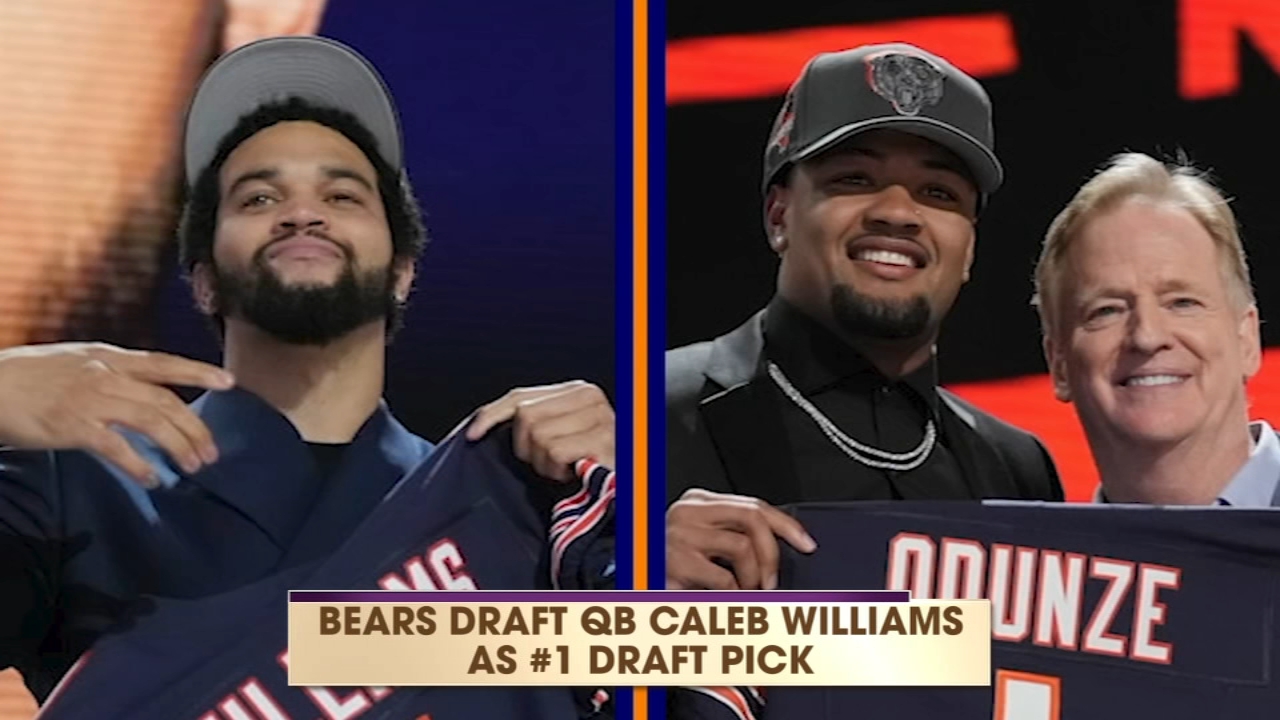How 9/11 terror attacks changed airport security, led to creation of TSA
CHICAGO (WLS) -- The 9/11 terror attacks transformed everything about our country from the ground to the sky.
September 11th exposed America's need for more transportation security. Twenty years ago, President George W. Bush signed a bipartisan act creating the Transportation Security Administration.
"We're united to defend our country, and we're united to protect our people," Bush said at the time.
Before 2001, passengers and their families could walk to gates together, box cutters were allowed, and many security officers were only armed with handheld scanners. The creation of TSA added stricter baggage screening, more air marshals on planes and reinforced cockpit doors.
Twenty years later, security has evolved and the TSA has more than 65,000 employees across the U.S. who verify travel documents and more.
SEE ALSO | How the TSA is still protecting airports 20 years after the 9/11 terror attacks
Now, everything gets scanned - from laptops to shoes -- and there's a laundry list of do's and don'ts, all in the name of safety. You may even run into a dog that sniffs out explosives.
Debbie Scovel is one of 1,500 TSA officers at O'Hare Airport. She's been an officer for 19 years-nearly the length of the agency's existence.
"We're here to protect everyone in this nation against anything like that ever happening again," Scovel said.
And for Scovel, the job is personal. She has family members who served in the military, and the impact of 9/11 influenced her decision to become an officer.
"I was watching the news, I saw the planes hit and it was horrific," she said. "Nothing's been the same since."
Scovel said she and other officers take protecting Americans seriously.
Meanwhile at Lewis University in Romeoville, student pilots are learning response skills, like what to do if they're in the skies and suddenly approached by a military jet - a process called interception.
"Immediately after 9/11 that was happening quite a bit because there was uncertainty of aircrafts' intent were,'" said associate professor Keith McGill.
While these students are the future of safety in the sky, some are too young to remember the past. But the impact of 9/11 weighs heavy on everything they accomplish, still, two decades later.
"It's reminder that despite all the troubles that we been through, we're still able to get back up and stronger," Edwin Gutierrez said.








